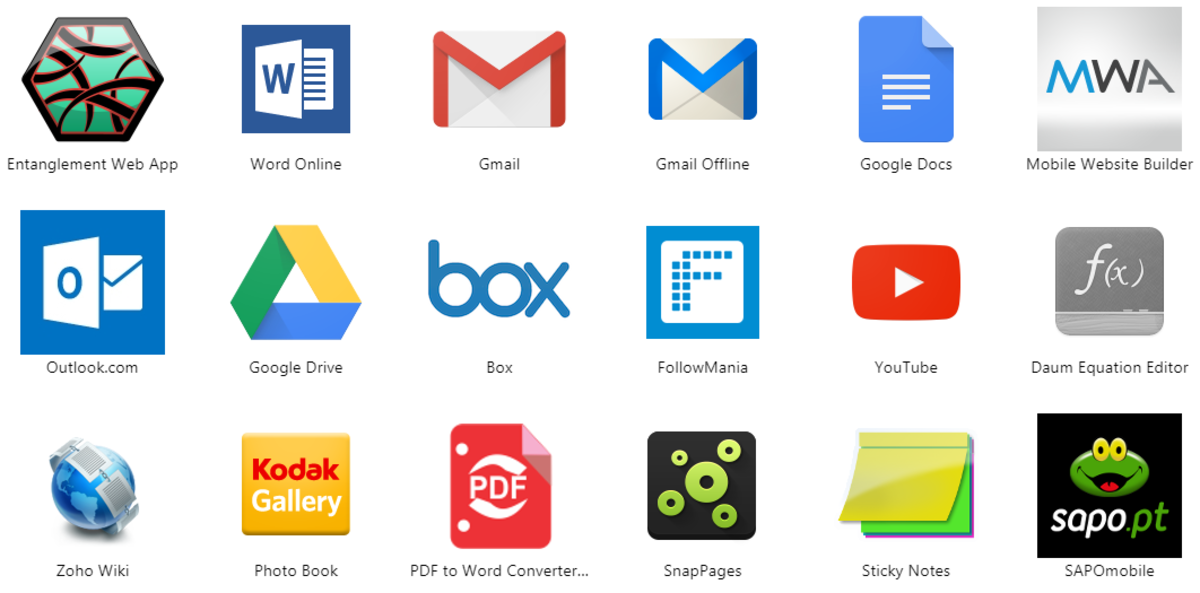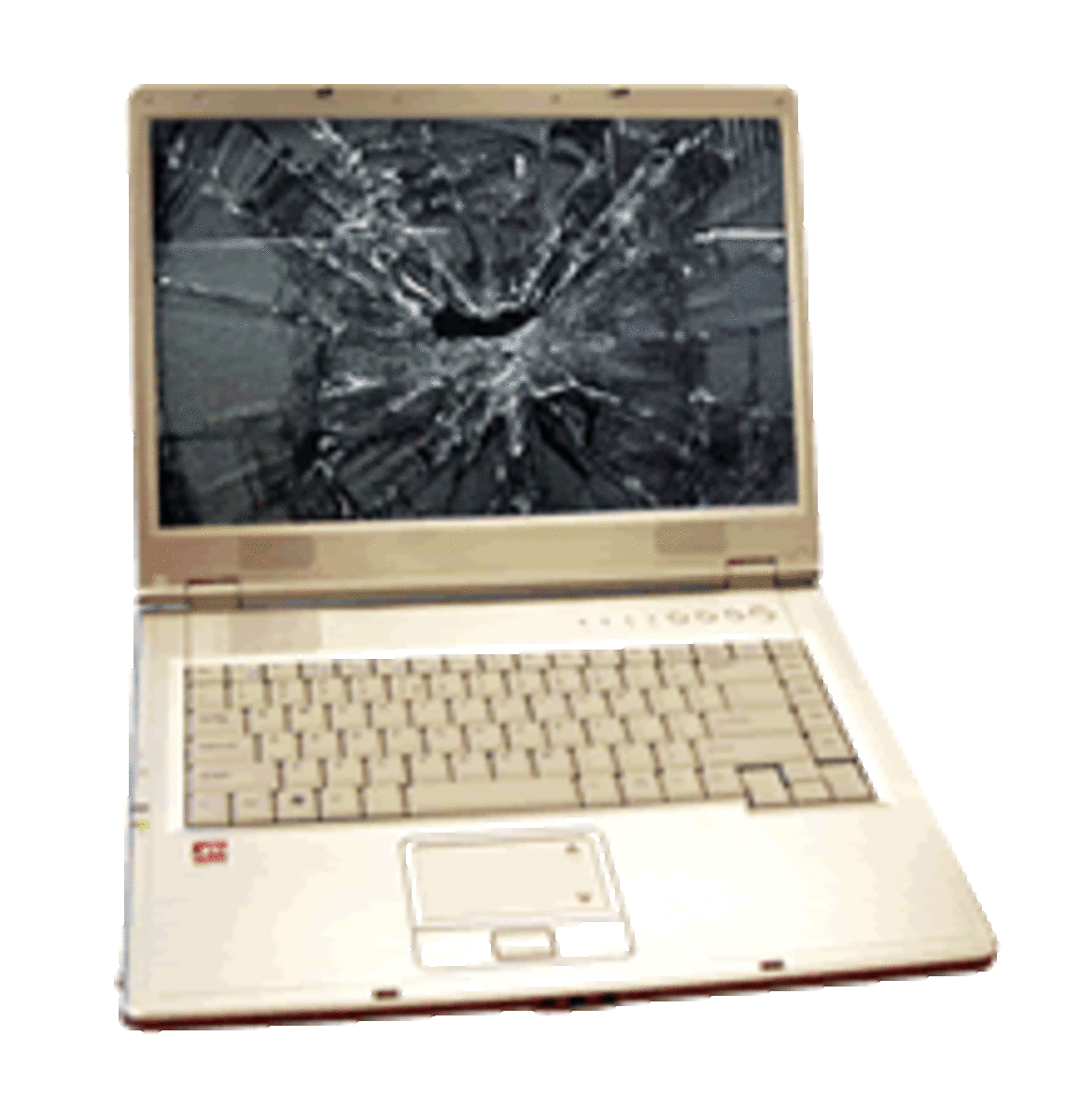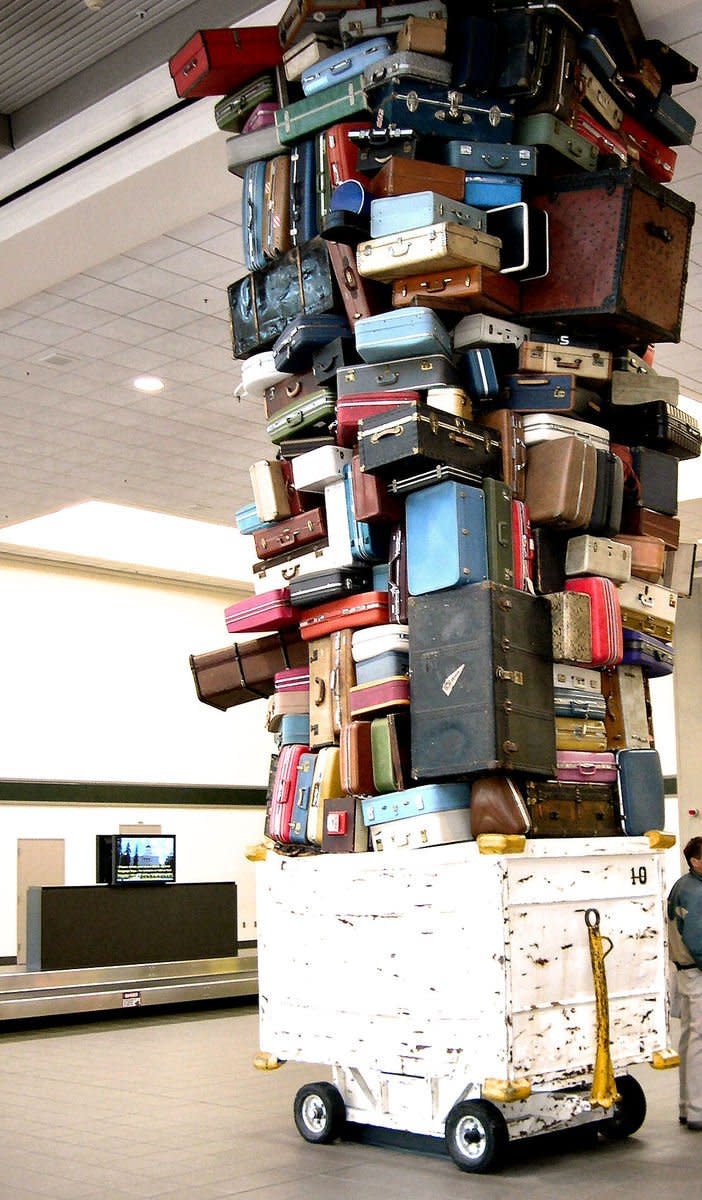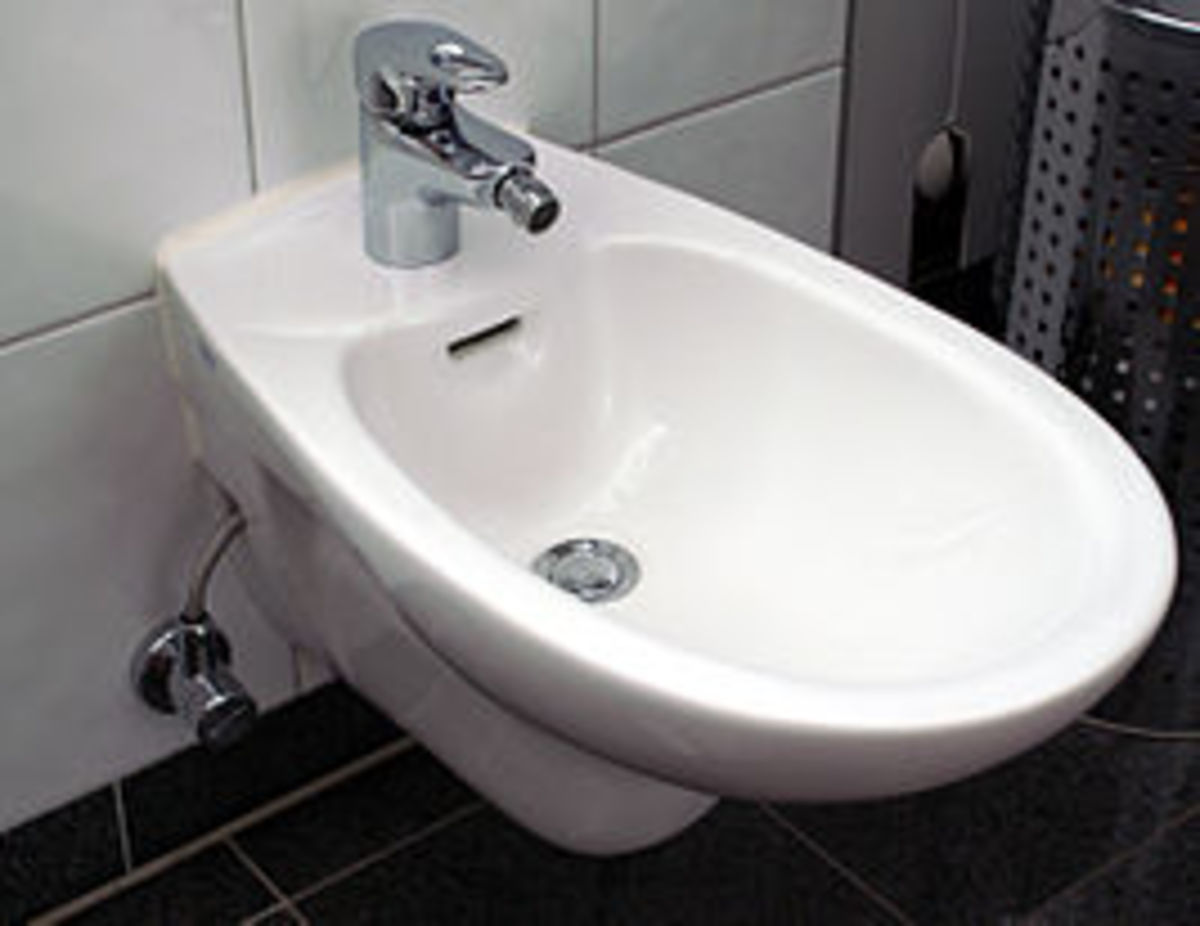How to stay connected online while travelling
How to save on communications costs while overseas
Mobile phone bills for international calls can be very expensive.
There are several ways to dramatically reduce the cost of staying in contact with friends and family while overseas using free services.
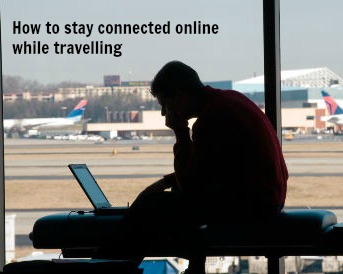
1. Carry a laptop computer
Use of a computer and Internet connection can cost up to €10 an hour at Internet cafes. However, you can cut this cost out completely by carrying your own laptop. Many locations in Europe provide free wifi connections at public places and businesses such as hotels, apartments, restaurants and coffee shops.
If you have your own laptop you will be able to check your emails and social media messages for free.
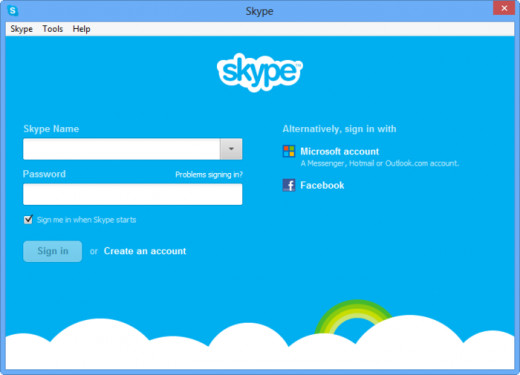
2. Skype
Skype is free software which allows you to phone for free over the internet. Install Skype before leaving home and learn how to use it.
This will make unlimited calls to family and friends free for the duration of your time away.
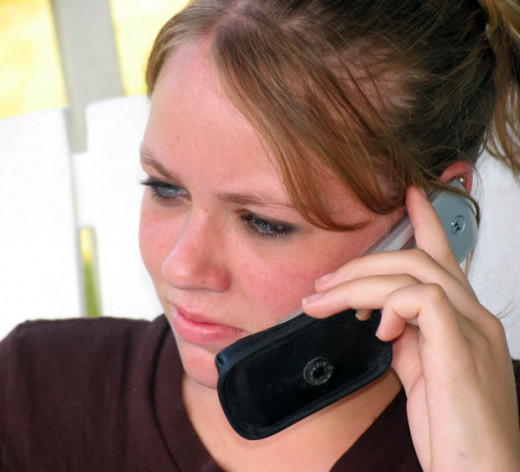
3. Mobile phones
International mobile phone calls can be very costly for the caller and the receiver.
A cheaper alternative is to remove your home SIM card from your mobile once you arrive and replace it with a SIM card in your destination country (this should be free. Beware outlets which try to charge you for a SIM card.) Once you have a local SIM card, domestic phone calls will be far cheaper and you'll be able to easily make phone calls related to your travels, for example to finalise accommodation arrival times or make bookings.

4. Trains
Intercity trains in Europe usually have power points at each seat and a wifi connection. Carrying a laptop will enable you to communicate free or for a small fee while you're on the go.
1. Make sure your phone is Unlocked - that is, that is not bound to your phone company in your home country.
If your phone is locked to a carrier, you won't be able to change the SIM card and use a local (cheaper domestic carrier) while you're away unless you buy another phone.
2. Social media
Social media such as Facebook can be useful to send quick messages if you lose your phone and need emergency contact with your family at home.
A back up is worth its weight in gold
3. Back up your data
The last thing you want is to lose your digital photo files and video files. Keeping them in a format that will stand up to air travel, train travel and bus travel is important. External hard drives with moving parts such as fans and spinning internal parts are risky.
It's best to back up your data to an external hard drive, in addition to your computer. Make sure your external drive is a USB type which has no moving parts.
I used a passport USB drive which worked well and survived seven months on the go in Europe.
© 2013 Amanda Gearing


